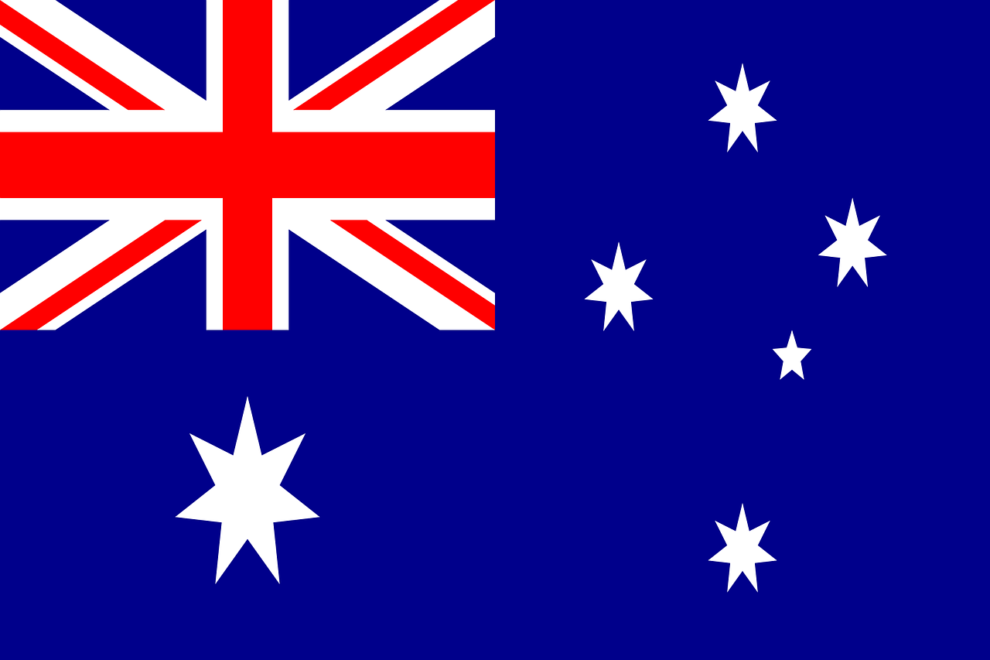Resource-rich Australia is projecting its first budget surplus in 15 years, the country’s treasurer said Tuesday, heralding a commodities-fuelled victory for the year-old centre-left government.
“We are now forecasting a surplus this year, smaller deficits after that,” Jim Chalmers told media, unveiling what is projected to be a Aus$4.2 billion (US$2.8 billion) surfeit.
Chalmers touted the “biggest budget turnaround on record” as evidence of “responsible economic management”, as his party seeks to define itself as careful custodians of the public purse.
The Labor party came to office in May 2022 after nearly a decade of conservative rule that saw state coffers strained by the Covid-19 pandemic, sweeping tax cuts and soaring defence spending.
A conservative government led by Scott Morrison promised a budget surplus in 2020 but was unable to deliver due to the pandemic.
Australia last posted a budget surplus in 2007, a year when the iPhone was first launched and conservative John Howard was still prime minister.
The projected surplus for this financial year will be delivered thanks in part to rising tax income — caused by record-low unemployment — but above all sky-high commodity prices.
Vast and sparsely populated, Australia is teeming with ores, fuels and minerals that have sustained decades of almost unbroken economic growth.
The country is a leading exporter of iron ore, which reached an all time price high in 2021, and coal, which reached a record soon after.
In March, iron ore prices were more than double what the government had initially forecast — as traders eyed increased demand from a gradually reopening China.
Decades-old efforts to diversify Australia’s economy away from resources that are dug or pumped from the ground have come to little.
Iron ore, coal and gas remain the country’s three largest exports, even as countries worldwide rush to decarbonise.
– Making friends –
Aside from a posting a surplus, the budget included notable spending on supporting Pacific Island neighbours and defence.
Australia and allies like the United States have ramped up efforts to woo several small island nations to ward off Chinese diplomatic, economic and military inroads across a region of increasing strategic importance.
The budget earmarks Aus$1.9 billion on the Pacific, including labour mobility schemes to bring Pacific Island workers Down Under.
That is a popular policy across a region where remittances are vital to supporting many communities.
Australia will also expand security assistance, bolstering regional infrastructure and maritime security capabilities.
Foreign Minister Penny Wong said Australia would also be funding additional diplomatic staff across the Pacific.
Defence spending will also increase, to just over two percent of gross domestic product.
Over the next four years Aus$9 billion will spent on the joint Australia, United Kingdom and United States — or AUKUS — nuclear-powered submarine program and Aus$4.1 billion for long-range missile capabilities.
In 2023-2024 a Aus$13.9 billion deficit is forecast.
Chalmers said economic growth was expected to slow from 3.3 percent in 2022-23 to 1.5 percent in 2023-24.
